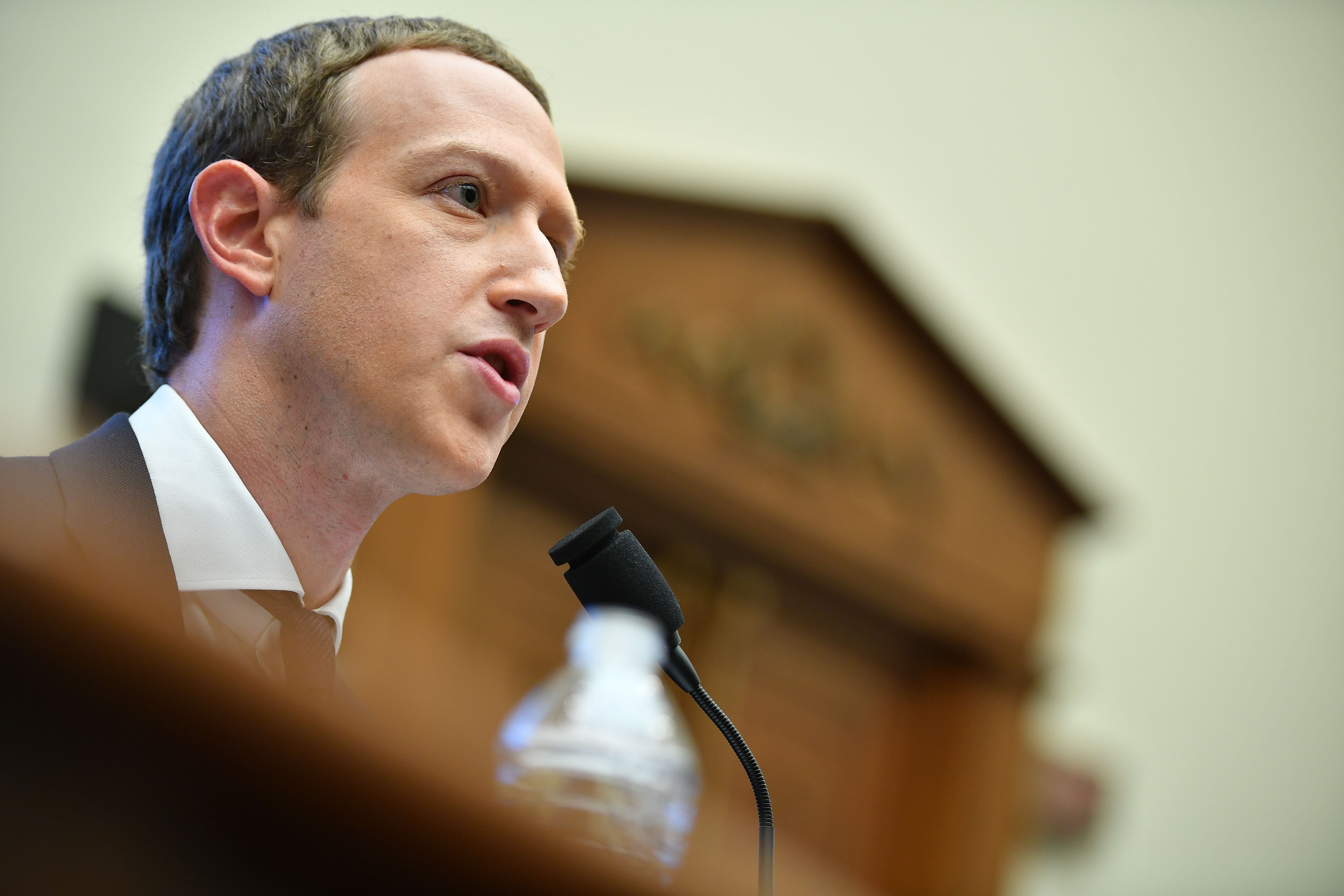Russia’s media regulator said Friday it would move to “partially restrict access” to Facebook after it said the platform had limited official accounts of four Russian media outlets, according to a statement translated from Russian to English.
The regulator, Roskomnadzor, claimed Facebook had “restricted the official accounts” of four Russian media outlets: Zvezda TV channel, RIA Novosti news agency, Lenta.ru and Gazeta.ru.
Roskomnadzor said Facebook’s actions violated federal law and that its owner, Meta, ignored a request from the agency to remove the restrictions.
The agency added that it “has recorded 23 cases of such censorship of Russian media and internet resources by Facebook” since October 2020.
Roskomnadzor said its actions followed an agreement by the Prosecutor General’s Office and Ministry of Foreign Affairs “to recognize the social network Facebook as involved in the violation of fundamental human rights and freedoms, as well as the rights and freedoms of Russian citizens.”
It was not immediately clear what the restrictions would entail. A spokesperson for the Russian embassy in Washington, D.C., did not immediately respond to a request for more details.
A Facebook spokesperson also did not immediately respond to a request for comment.
